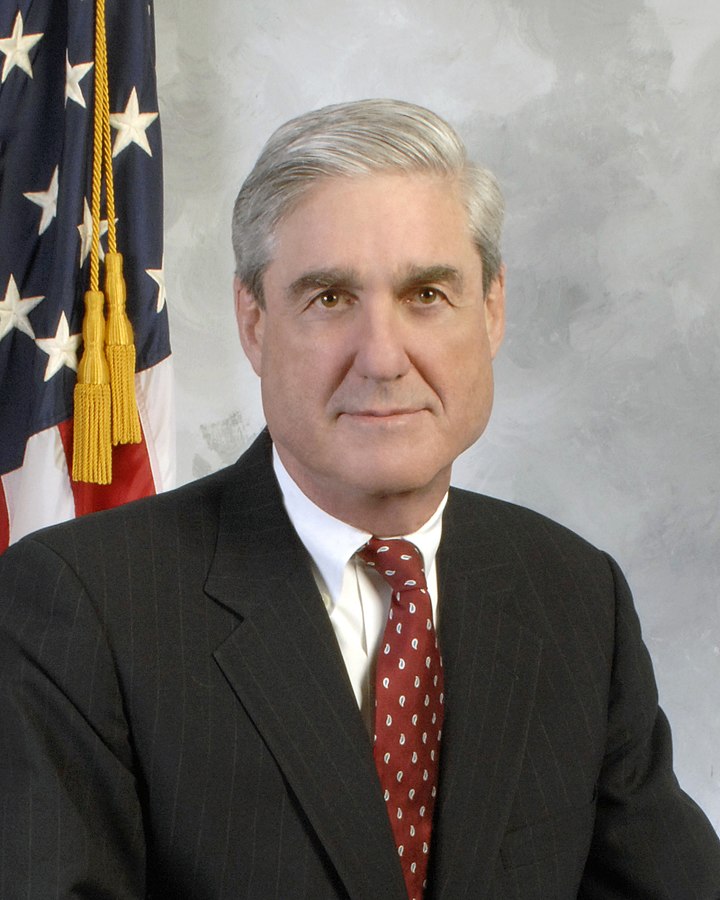News
How Mueller made his no call on Trump and obstruction

Special counsel Robert Mueller found he couldn’t exonerate President Donald Trump of obstruction of justice, but he wouldn’t recommend charging him, either. (File Photo By Federal Bureau of Investigation/Wikimedia commons, Public Domain)
WASHINGTON — It was a punt that will be examined for years, if not decades.
Special counsel Robert Mueller found he couldn’t exonerate President Donald Trump of obstruction of justice, but he wouldn’t recommend charging him, either.
In explaining the decision to eschew a “traditional prosecutorial judgment,” Mueller said he faced not only having to untangle Trump’s motivation for trying to curtail the Russia investigation but difficult issues of law. That included the Justice Department’s position that a sitting president can’t be indicted, the basic tenets of fairness in the American criminal justice system and whether some acts fell within the power of the presidency.
Mueller found that Trump made numerous attempts to interfere with the investigation but he was largely foiled — and saved— by those around him, most notably former White House counsel Don McGahn. He and others either refused to follow Trump’s orders or let them die quietly through inaction.
But in examining a series of episodes, Mueller laid out a process that will almost certainly be questioned during any congressional testimony and be debated in law school classrooms and bars for years to come.
From the outset, Mueller said he was bound by the Justice Department’s opinion: He couldn’t indict Trump. He also felt he couldn’t recommend criminal charges even in a secret Justice Department memo or in a charging document filed under seal until after Trump left office.
Mueller’s team worried such moves could leak, leaving Trump in the position of having a prosecutor say he committed a crime without the ability to defend himself at a public trial.
“The concerns about the fairness of such a determination would be heightened in the case of a sitting President, where a federal prosecutor’s accusation of a crime, even in an internal report, could carry consequences that extend beyond the realm of criminal justice,” Mueller wrote.
Mueller said he recognized that any charging recommendation could “potentially pre-empt constitutional processes for addressing presidential misconduct,” an apparent reference to Congress’ impeachment powers.
But Mueller rejected Trump’s lawyers’ broad interpretation of presidential authority. They argued that the president has expansive powers under the law, and the special counsel couldn’t investigate Trump’s decisions to fire an appointee, such as FBI Director James Comey, or to try to close a federal investigation.
Mueller said he could investigate Trump and he thoroughly examined 10 episodes looking at whether there was an “obstructive act” and whether Trump had a corrupt intent.
Ultimately, he laid out the facts, finding that while there wasn’t an underlying crime of Russian collusion, Trump still took steps that “were capable of exerting undue influence over law enforcement investigations.”
“The President’s efforts to influence the investigation were mostly unsuccessful,” Mueller wrote, “but that is largely because the persons who surrounded the President declined to carry out orders or accede to his requests.”
Josh Blackman, a professor at the South Texas College of Law Houston, said to find that the president obstructed justice, Mueller needed much clearer evidence that the president acted solely with “corrupt intent.”
But Nick Akerman, a former federal prosecutor who served as a member of the Watergate prosecution team, said Attorney General William Barr, who cleared Trump of obstruction of justice, had “nobusiness” doing so.
“There’s just so much here it’s just impossible not to conclude that he was guilty of obstruction of justice,” said Akerman, who had not yet gotten through all of the report. Still, he said Mueller was bound by the Justice Department’s position that a sitting president can’t be indicted.
“He charged people he could charge,” he said. “He couldn’t charge Trump.”





















